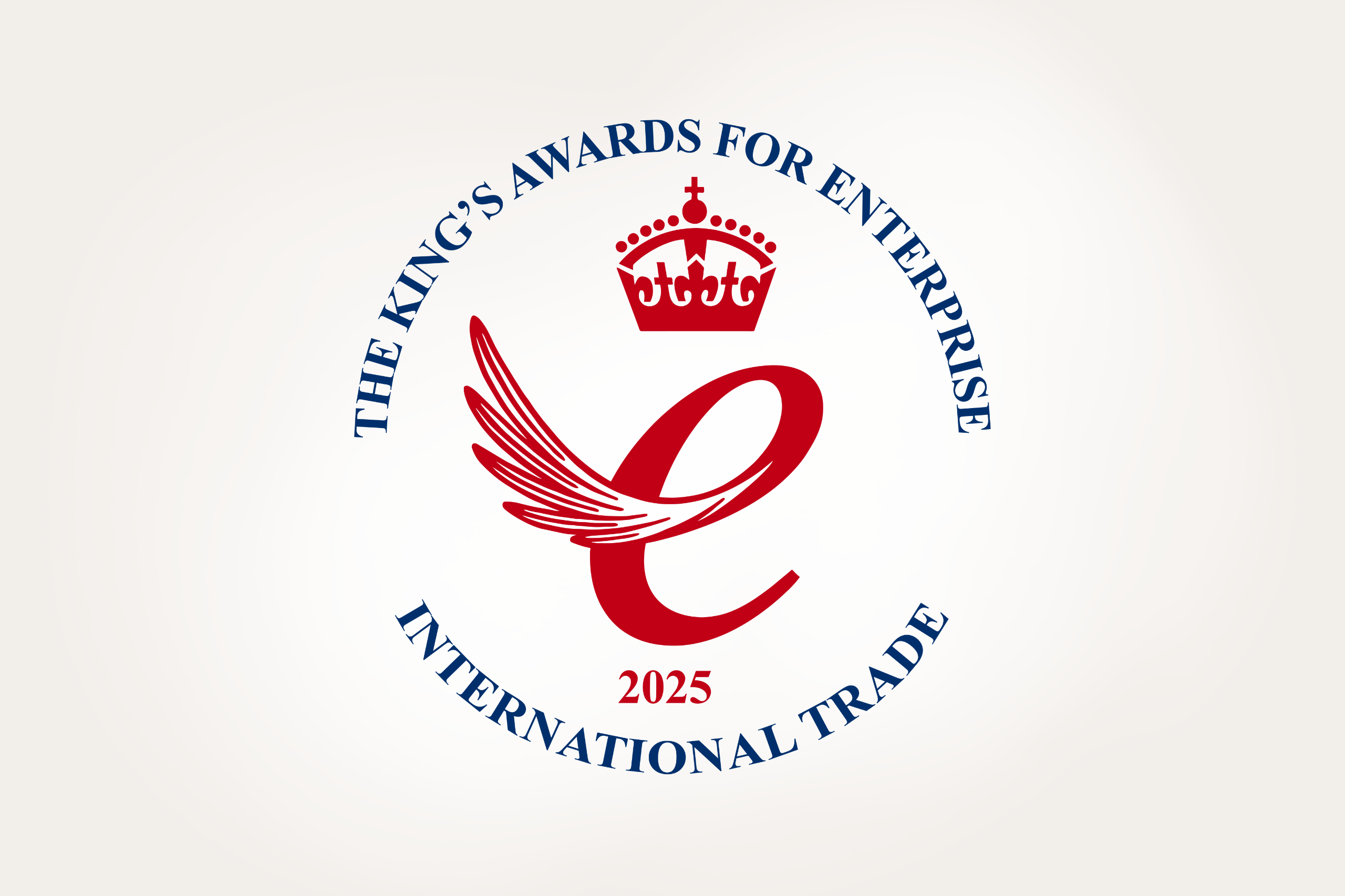On 14th May 2018, the US Supreme Court handed down one of the most significant judgments for US sports of recent times, described by William Hill chief executive Philip Bowcock as “a landmark moment for sports betting”. By striking down the Professional and Amateur Sports Protection Act (PASPA) on the basis that it was unconstitutional, the Court gave individual states the power to decide whether or not to authorise gambling.
Whilst some states will remain opposed to sanctioning betting, many have jumped at the opportunity to open up what could be the world’s largest regulated market. The major US sports leagues, previously strong supporters of PASPA, also appear to be embracing the new landscape, with the NBA and WNBA promptly announcing their deal with MGM Resorts.
HITTING THE JACKPOT
The striking down of PASPA provides access to an extremely lucrative market:
Bonanza for operators:
According to the American Gaming Association, there is an estimated US$150 billion currently wagered illegally by Americans each year which, if approached correctly, could be diverted to the income streams of legitimate gambling operators. It is no coincidence that the share price of Paddy Power Betfair rose by as much as 12 per cent immediately following the Supreme Court ruling, which also sparked a number of joint ventures between some of the biggest European operators and US casinos, such as GVC’s US$200 million tie-up with MGM Resorts.
State benefits:
There is no doubt that licensed gambling will translate into an extremely significant source of tax revenues for the states sanctioning the operators, as well as employment opportunities for their inhabitants.
Data:
Successful betting offerings rely on the most accurate and immediate data streams and the value of the data collected and owned by the leagues will therefore increase exponentially. This has not escaped the attention of investors – see Sportradar’s recent US$2.4 billion valuation as an example.
New partners:
As we have seen across other sports, gambling operators are willing to spend huge sums on commercial partnerships in their quest to compete for attention and customer loyalty, presenting an opportunity for leagues, teams and broadcasters alike.
NOT AN OPEN GOAL
In order for the maximum returns to be realised, a number of challenges will need to be addressed:
Disunited States:
The federal Interstate Wire Act of 1961 has been interpreted as outlawing betting across state borders, preventing any US-wide offering. For the time being at least, this will significantly limit many of the perceived opportunities outlined above. There could also potentially be 50 different regulators and licensing regimes, making it far less efficient for operators, as well as making it harder to monitor irregularities.
Maintaining integrity:
The relationship between sports and gambling has come under intense scrutiny in recent years. From cricket to football to tennis and many other sports, there has been a clear link between access to gambling markets and the increasing sophistication of criminals to manipulate results or actions. This was recently described in the Report of the Independent Review in Tennis as leading to a “tsunami of corruption”.
Problem gambling:
In the UK, the Gambling Commission has estimated that there are two million people who are problem gamblers or at serious risk – a figure that would likely be far larger in a market the size of the US.
FACING UP TO THE CHALLENGE
The biggest obstacle will remain until Congress takes the initiative and passes a federal law to regulate gambling or permits operators to operate across state borders. That is unlikely in the short term. However, in some areas lessons can be learnt from the UK and more widely in Europe:
Sharing is caring:
It’s critical that real-time data is openly shared by operators, leagues and regulators to ensure that unusual patterns can be identified and investigated without delay. Licensing provides a good opportunity for better monitoring and allows for the removal of non-compliant operators. Leagues could add this requirement to sponsorship agreements, as the English Premier League does.
Don’t be greedy:
Gambling may well bring new money to state coffers. However, taxation must not be set so high that the odds of licensed operators cannot compete with the illegal market. Similarly, if regulations become so restrictive and burdensome, legitimate operators may be driven away. A small levy allocated specifically to integrity and problem gambling should also be considered.
Advertising regulation:
US regulators will have to think very carefully before permitting gambling advertising and the regulatory framework governing it. At the very least, I expect they will want to require advertisers to protect vulnerable groups and prohibit advertisements which trivialise gambling or create a sense of urgency, as the advertising code in the UK does. They may even follow the example of Italy, which, through its Dignity Decree, intends to ban all gambling-related advertising across all media and even in sports sponsorship.
Post-PASPA United States promises huge opportunities to operators, states, leagues, broadcasters and fans, but there is no doubt that some serious challenges lie ahead.


